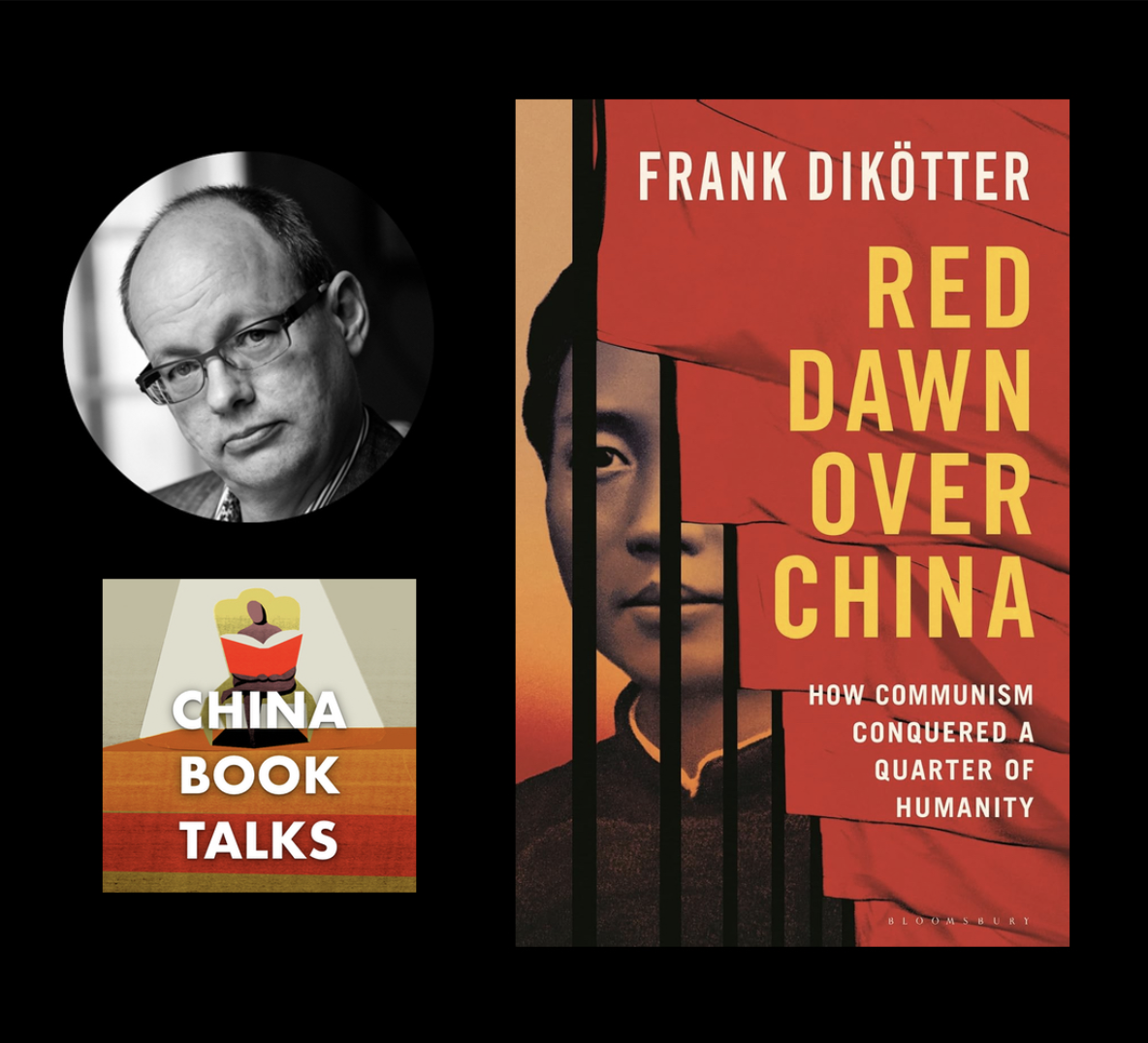Sign up for our newsletter to be notified of new posts!
Writing from the Margins
From Tibet to Taiwan, Yunnan to yonder, we recommend five Spring Festival reads with a focus on the periphery.

Sign up for our newsletter to be notified of new posts!
essays, reviews, book lists and more
